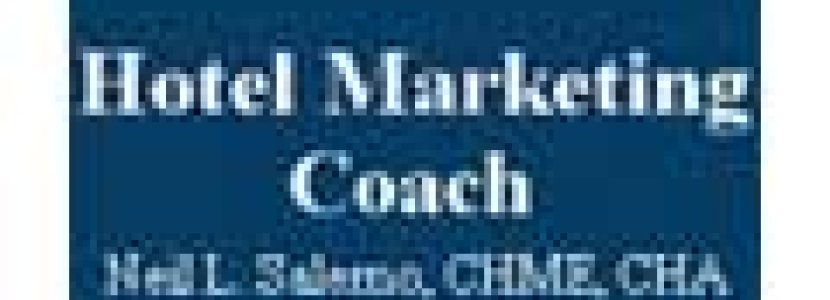
Online, your competition set amounts to those hotels which appear, with yours, on search results. At this point, your hotel’s title and description tags are of critical importance, but more about this later. I’m sure you can name all the hotels in your local market, but do you know which hotels compete with your hotel online?
Many hoteliers have made substantial investments to develop a website presence on the Internet. The question is just how effective have those investments been? Once search results appear, how many visitors are clicking-through to your site? How many are choosing your online competition instead?
There’s no doubt that search engines have become so convenient, user-friendly, and accurate that online consumers are being converted into search addicts. Search engines have become an essential part of the Internet. I feel bad for the many hotel websites that are not yet search-friendly and have not improved site content to accommodate organic search and sales requirements.
Many hotels are using pay-per-click advertising to short-circuit the organic search process. This usually results in a temporary traffic boost, but it also requires a significant continual investment. Unfortunately, many web designers have encouraged hotels to use pay-per-click to compensate for a poorly designed website.
The way I see it, many hoteliers still don’t-get-it. While hotel sites are getting more attractive, many simply ignore the basic requirements to be a searchable and functional web site. Both the design of the site and the text content make a huge contribution to the search findability of the site. Search engine compatibility is not complicated nor does it have to change the entire “feel" of your web site. Many times minor changes can make a huge difference.
It’s obviously important to attract as many visitors as possible to your site. Your site means nothing unless people can see it. But your site’s content design has a great influence on how search engines view and post your site on search results.
You should no longer be satisfied with webmasters who simply track the number of visitors to your site. Site optimization includes the ability of your site to convert “lookers” into “bookers”. Getting visitors to see your site is only half the job; the easier half. How many visitors are actually making a reservation? Productivity means bookings.
I spoke to a web professional the other day who was satisfied that the only way to increase bookings was to attract more visitors. Well, how about also optimizing the design of the site so that more of those additional visitors will make a reservation?
Over time, many hotel web sites tend to become a collection of disjointed, unrelated information due to the hotel’s eagerness to include as much information as possible, as if that would make a difference. Sometimes less is more. Many others continually display information which is out-dated, due to simple neglect. A web site is not your hotel’s online brochure; it’s a continually evolving sales tool.
Don’t kid yourself, if your site is not producing well, the solution cannot simply be fixed with search engine optimization (SEO). Getting more visitors to view a non-functional site, fixes nothing. Creating an effective sales tool involves a lot more than simply having pretty pictures and listing facts about the facilities and amenities of your hotel. Your site should be designed using sound hotel marketing principles; that means that it has to be designed to sell. You’ve heard it before; content is king. Many designers spend more time composing photos and flash elements than developing text and links, the most important parts of your site.
Most web experts will tell you that your site’s title and description tags are extremely important. At the point of selecting a site on search results, title and description are your sales tools. This is what people read in order to make a decision on which site to select.
Whoever has designed your site, make them accountable for reservation production; unless, of course, your bank now accepts deposits of site visitors. According to Secure-Res, a well-known booking engine, their average client site converts 3.48% of all visitors; wouldn’t it be common-sense that it should be much higher? Can you imagine making reservations for only 4 out of every 100 people that call your hotel?
Contact:
Neil Salerno, CHME, CHA
Hotel Marketing Coach
Email: NeilS@hotelmarketingcoach.com




